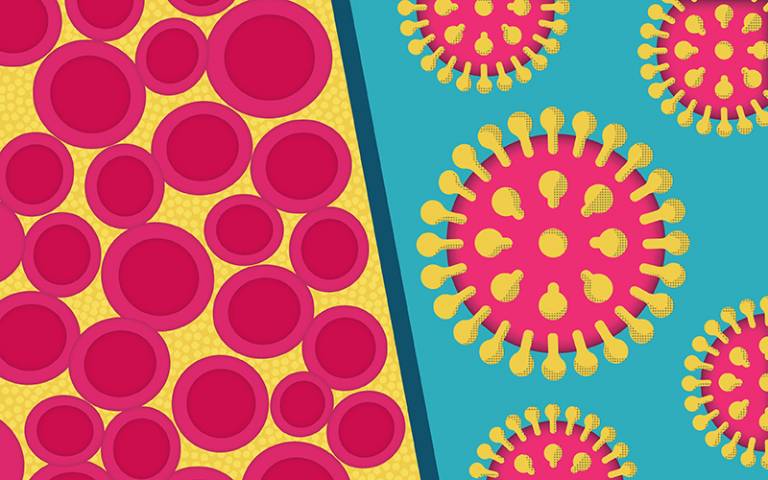Drugs stop HIV transmission
28 January 2020
An end to the HIV pandemic could be possible after a landmark study led by Professor Alison Rodger found that people whose HIV infection was fully suppressed by antiretroviral drugs had no chance of infecting their partners.

In 2018, there were 37.9 million people worldwide living with HIV, of whom 23.3 million (62%) were on antiretroviral treatment (ART). People on HIV treatment 'ART', where the virus is at undetectable levels, are “sexually non-infectious”, according to a study by Professor Alison Rodger.
The ‘conclusive findings’ from an eight-year study of nearly 1,000 gay male couples in Europe were published in 2019 in The Lancet. They report zero HIV transmissions between gay couples where one partner was HIV negative and the other was HIV positive and on effective treatment.
For anyone on HIV treatment, known as antiretroviral treatment therapy (ART), the aim is to achieve and keep HIV viral load at undetectable levels. The results showed that antiretroviral treatment is just as effective in preventing transmission for gay couples, as it is for heterosexual couples, which was proved in an earlier phase of the study.
Lead author, Professor Alison Rodger (UCL Institute for Global Health) said:
Our findings provide conclusive evidence for gay men that the risk of HIV transmission with suppressive antiretroviral treatment therapy is zero.
The study has generated excitement globally as preventing HIV transmission is vital to ending the HIV pandemic, so the finding underscores the value of effective screening and treatment. The news is having an incredible impact on the lives of people living with HIV, and is a powerful message to address HIV-related stigma.
Links
Study with us
Image credit: Illustration by Studio Imeus
 Close
Close

